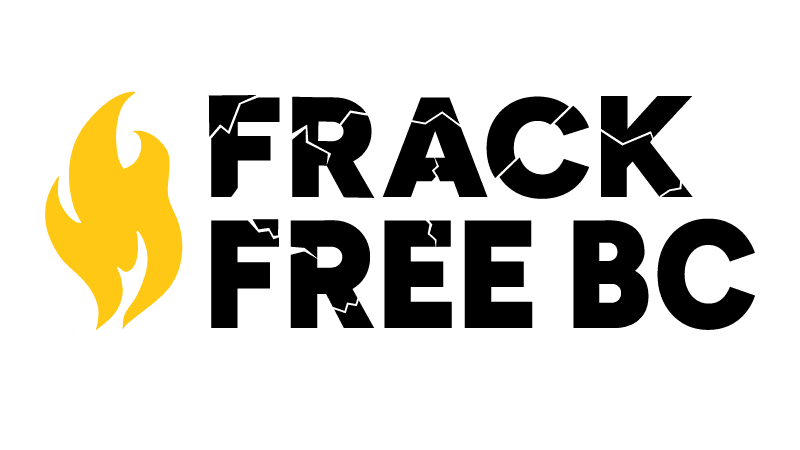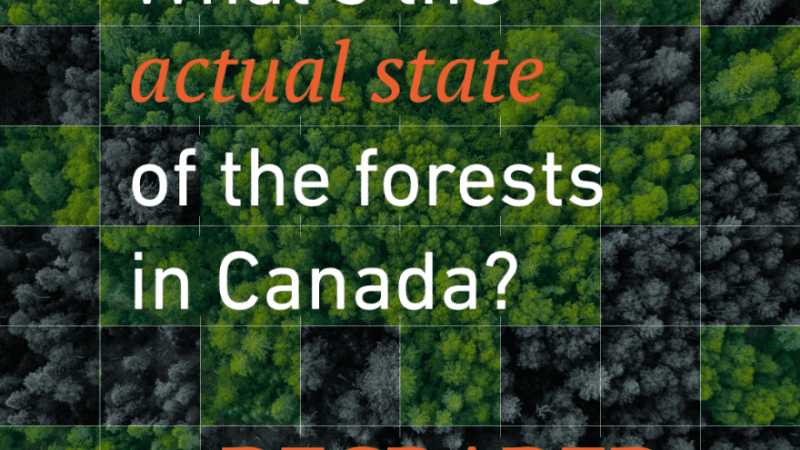Big timber companies stand to benefit from B.C.’s old growth deferral delays
March 8, 2022
New research released today has identified the risk to proposed old growth deferral areas in British Columbia from logging companies.
səl̓ílwətaʔɬ (Tsleil-Waututh), xʷməθkwəy̓əm (Musqueam), and Skwxwú7mesh (Squamish) Territories (Vancouver, BC) — New research released today has identified the risk to proposed old growth deferral areas in British Columbia from logging companies. Despite promising to protect old growth, the provincial government has left the vast majority of rare, high risk and irreplaceable old growth forests open to logging, which is disproportionately benefitting a small number of large companies.
Images available here for media use.
Stand.earth Research Group has conducted a preliminary analysis to determine which companies are threatening at-risk old growth forests where the province has largely failed to implement timely logging deferrals. The research indicates that 10 companies are responsible for 57 per cent of the total risk, and that the top five companies have at least 47 per cent of this risk (for detailed findings and methodology, see report). The top 10 companies in order of risk are Canfor, West Fraser, Western Forest Products, Tolko, Interfor, Sinclar Group, Weyerhaeuser, Gorman Group, Louisiana-Pacific and Pacific Bioenergy.
“Instead of following through on its promises to protect old growth, the B.C. government is allowing a few big timber companies to turn huge profits from the destruction of irreplaceable old growth forests.” said Tegan Hansen, Forest Campaigner at Stand.earth. “The future of these forests – and of all of our communities that rely on them for drinking water, flood and fire protection, carbon storage, jobs and more – should not be in the hands of a few big timber companies. We need deferrals implemented now, before more old growth is permanently lost.”
The research additionally identified customers who are most likely to buy wood products from these at-risk old growth forests. Those top customers have been contacted and their names will be released publicly this spring once they’ve had a chance to examine their supply chains.
“Our initial analysis shows a clear disparity in who stands to gain from delays in implementing old growth deferrals,” said Angeline Robertson, Senior Researcher at Stand.earth Research Group. “According to our evaluation of risk, Canfor alone threatens more old growth deferral candidate areas than all 127 First Nation companies combined.”
Proposed deferral areas, which represent rare, remnant, and ancient old growth forests, are located all across British Columbia. Regionally, most of the risk to these old growth forests are in the Southern Interior, calculated at about 45 per cent of total risk. The Northern Interior is estimated to make up 35 per cent of risk, while the Coast (including Vancouver Island) comprises 20 per cent.
In November 2021, the B.C. government publicly acknowledged that at least 2.6 million hectares of old growth forests are in need of urgent logging deferrals, but the vast majority remain open to logging. These old growth forests are considered to be at imminent risk of irreversible loss. While the provincial government continues to talk about old growth, it falls short on actual commitments that ensure deferrals are implemented to scale across the province in support of long-term protection. Mapping from the Wilderness Committee found that while the provincial government delays implementing deferrals, logging companies continue to target the most at-risk ecosystems and log thousands of hectares of remaining old growth forests. Despite the government’s best efforts to obscure its lack of progress on the issue, it remains top of mind for many people throughout B.C., as forest defenders are taking to the streets in an effort to ensure the provincial government keeps its promises.
Stand.earth is calling for the immediate implementation of logging deferrals across all priority areas identified by the old growth technical advisory panel, including areas where forest defenders continue to risk their safety at blockades, as well as concrete timelines and resource allocation for the promised paradigm-shift for forestry that maintains and restores vital ecological values, fully upholds Indigenous sovereignty and rights, and supports forest workers and communities.
###
Media contacts:
Ziona Eyob, Media Director – Canada, canmedia@stand.earth, +1 604 757 7279 (Pacific Time)


